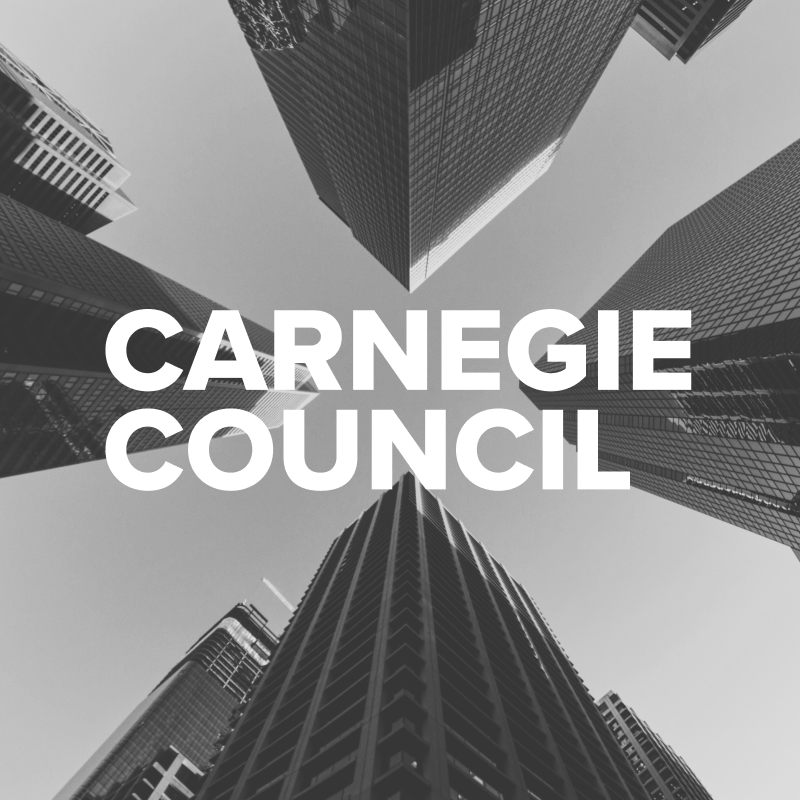La gouvernance est un élément clé pour garantir que les approches basées sur la nature pour faire face à la crise climatique soutiennent les fonctions écologiques, sont durables et produisent des co-bénéfices, déclare Manuel Pulgar-Vidal lors d'une interview à "C2GTalk". En fin de compte, a-t-il souligné, toute intervention - qu'elle soit fondée sur la nature ou sur la technologie - ne peut être envisagée que si elle repose sur un engagement ferme à réduire les émissions de dioxyde de carbone.
This interview was recorded on November 17, 2020, and is also available with interpretation into 中文, Español, and Français.
Governance is a key element in ensuring that nature-based approaches to addressing the climate crisis support ecological functions, are sustainable, and produce co-benefits, says Manuel Pulgar-Vidal during a C2GTalk interview. Ultimately, he stressed, any intervention—whether nature- or technology-based—can only be considered if it is based on a strong commitment to reduce carbon dioxide emissions.
Manuel Pulgar-Vidal is the global leader of the climate and energy practice of the World Wide Fund for Nature (WWF) International. He was formerly the minister of state for environment in Peru and president of the United Nations Framework Convention on Climate Change (UNFCCC) 20th Conference of the Parties (COP20). A lawyer with over 27 years of experience in the field of environmental law and policy, he founded the Peruvian Society for Environmental Law, one of the most recognized organizations of environmental law in the region. In his role as minister of state for environment in Peru, he was responsible for proposing and defining Peru's environmental policies, including those covering biodiversity and climate change. He was also in charge of implementing the country's environmental legislation and its enforcement policies.
For more, including an edited transcript, please go to C2G's website.





